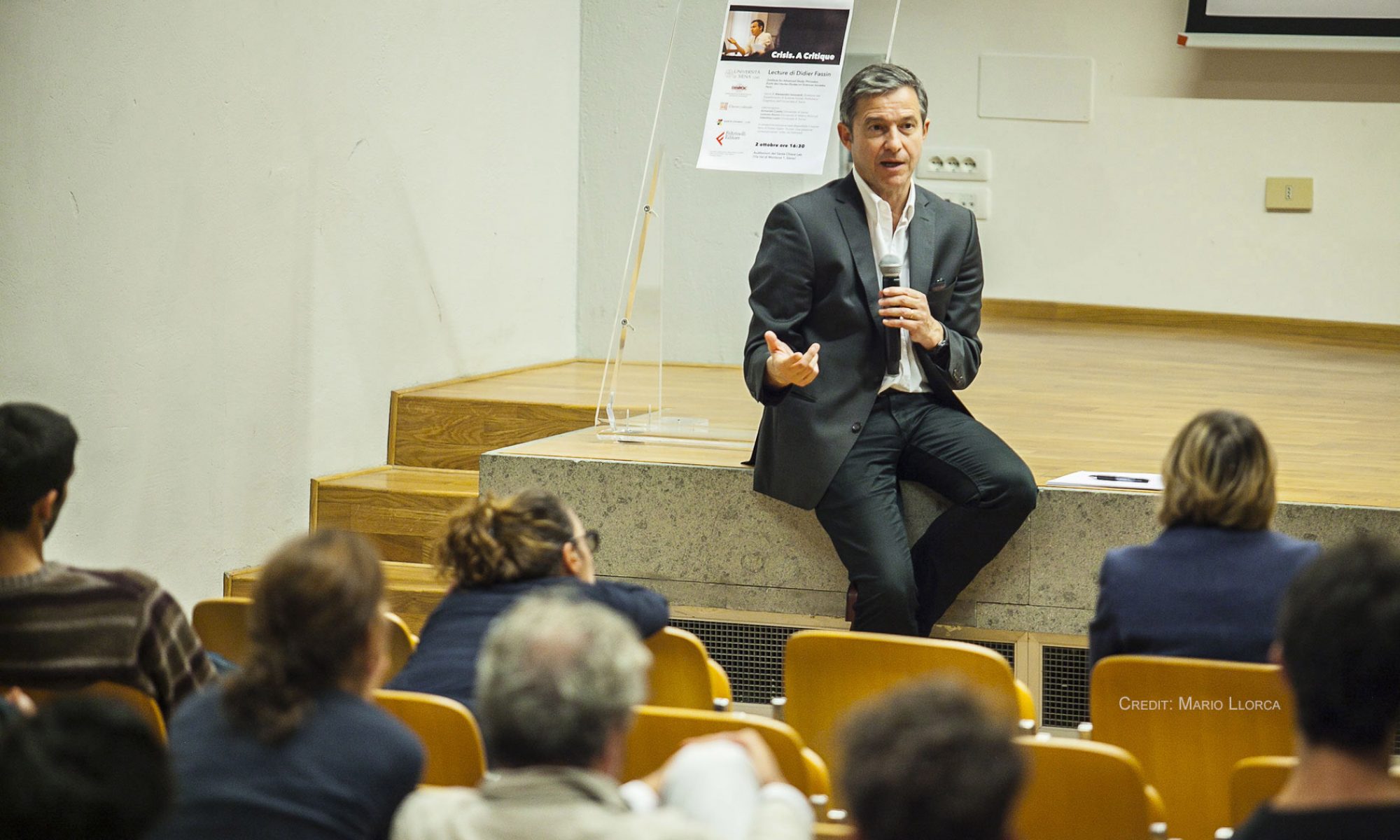Designed to bring together twenty early-career scholars from Africa, the Middle East and Latin America, the Summer Program in Social Science aims to enrich and expand the realm of the social sciences through the confrontation of different intellectual traditions and perspectives, to facilitate and enhance the dialogue between various scientific disciplines and communities, and to strengthen international networks across continents. Special attention is paid to local contexts of production and global modalities of circulation of knowledge. Participants are invited to exchange their research experiences with their constraints, challenges and expectations. Part of the program focused on Crisis and on Coming out of Crisis.
Organized by the School of Social Science and developed by Didier Fassin, James D. Wolfensohn Professor, the program is conducted in collaboration with the Wits Institute for Social and Economic Research (WISER) at the University of the Witwatersrand, in Johannesburg, and the Escuela de Estudios de Género (EEG) and Centro de Estudios (CES) at the Universidad Nacional de Colombia, in Bogotá. Funded by the Mellon Foundation, it is composed of three two-year cycles. The first cycle started in June 2018 with a two-week session at the Institute and was further developed in May and June 2019 via one-week workshops at the two collaborating institutions in South Africa and Colombia. The second cycle, which was supposed to start in 2020, was interrupted by the pandemic of Covid-19. An online version took place in 2021 and the regular program resumed in Princeton in 2022. Each of the two cycles included a workshop on “Crisis from the Perspective of the Global South”.
The scholars invited to participate in the current cycle have gone to a selection process. Their disciplines are history, anthropology, sociology, geography, economics, law, political science, and literary studies. Their research topics include the care of disabled persons in Brazil, the discourse on indigenous people in Argentina, the transportation infrastructure in Colombia, the resistance to extractive industries in Latin America, the everyday life under an authoritarian regime in Angola, the violence of mafias in Nigeria, the public life of secret societies in Cameroon, the social life of mining communities in Zimbabwe, the experience of Palestinian women imprisoned in Israel, the resilience of the population during the Syrian crisis in Lebanon, the Arab uprising seen from the perspective of farmers in Egypt, the ethics and politics of Sufi shrines in Pakistan, the humanitarian approach to migrant working children in Mexico and India.



